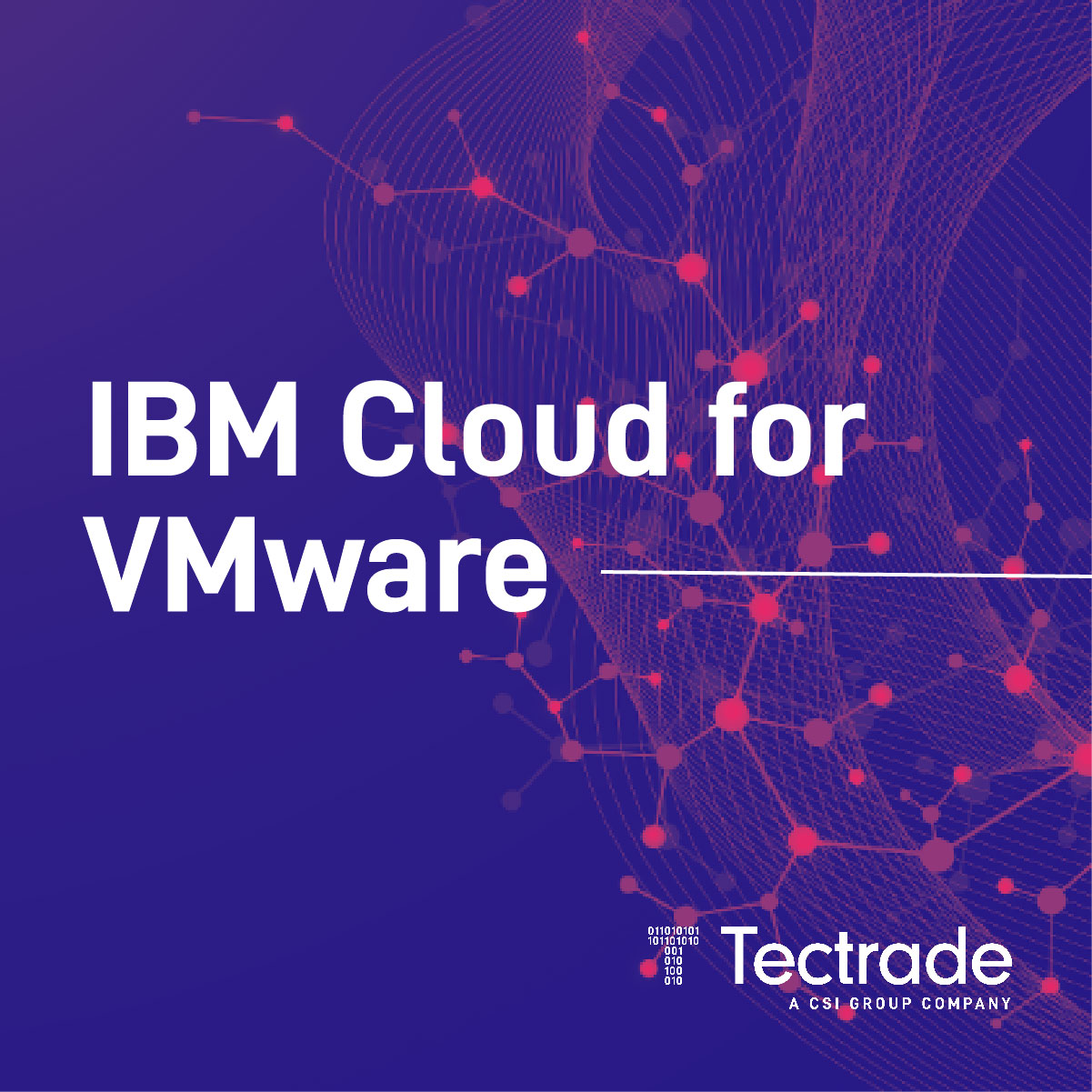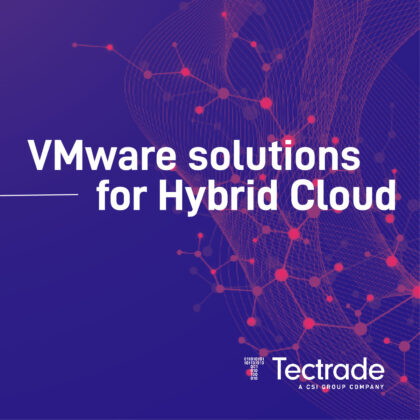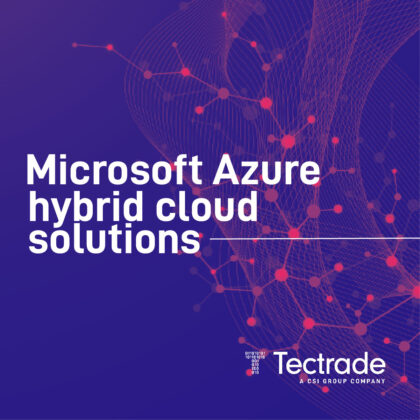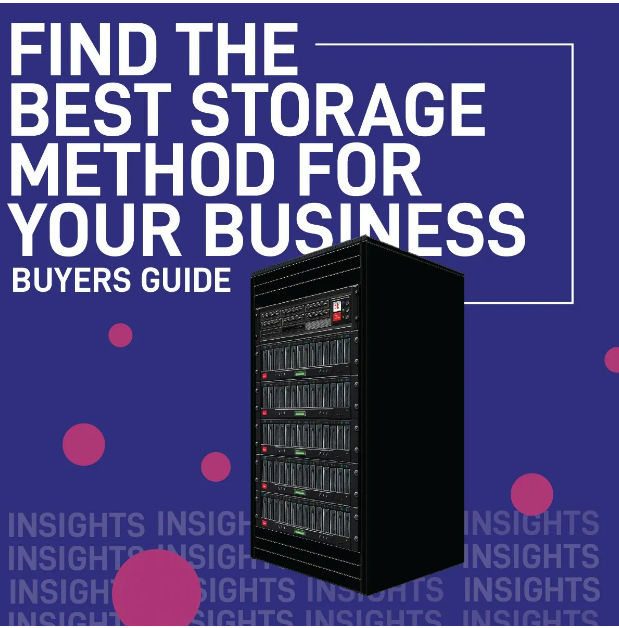Which Hybrid Cloud is Best for my Business?
Time to read: 5 mins
For data and applications to be shared between different types of cloud environments, businesses adopt a hybrid cloud computing infrastructure, which is a combination of both public and private clouds. Using hybrid cloud provides benefits including flexibility, scalability, and cost-effectiveness – as well as enabling greater innovation within an organization.
However, not all hybrid clouds are equal, so you need to weigh up the options depending on your requirements and objectives and consider buying solutions or services from more than one vendor.
This article explores the most important features and benefits of three popular hybrid cloud systems offered by IBM, VMware, and Microsoft.
IBM Cloud for VMware
To utilise existing technologies, capabilities, and tools in your on-premises environment, you can opt for IBM Cloud for VMware Solutions to transfer VMware workloads to the IBM Cloud.
This hybrid cloud solution enables you to use IBM’s vast ecosystem of cloud services, security and compliance capabilities, alongside its high-performance infrastructure and global data center network.

Key benefits of IBM Cloud for VMware Solutions:
#1. Effortless migration and management: Your code or setup will not need changing to migrate your VMware workloads to the IBM Cloud. Plus, you get the option of using popular tools such as vCenter Server, vSphere Client, and PowerCLI to manage your hybrid cloud environment.
#2. Hybrid multi-cloud integrations: IBM and other third-party suppliers enable you to link VMware workloads with other cloud services. So if you want to use AWS S3-compatible storage services to access data across clouds or use IBM Watson AI services to improve your applications – you are free to do so.
#3. Adaptable deployment options: Depending your specific needs, there are several deployment solutions to choose from, including Red Hat OpenShift on IBM Cloud for containerized workloads, VMware vSphere on IBM Cloud Bare Metal Servers for high-performance workloads, and VMware HCX on IBM Cloud Virtual Servers for workloads requiring scalability.
VMware Solutions for Hybrid Cloud
VMware Hybrid Cloud Solutions brings virtualization and software-defined data center technologies to every location. It offers a single operating model across all applications, built on a reliable and extensively used cloud infrastructure.

Key benefits of VMware Hybrid Cloud Solutions:
#1. Consistent infrastructure: Utilize the same Software-Defined Data Center (SDDC) stack across any public, private, or edge cloud location. Plus, for automating operations, you can adopt standardized technologies like vRealize Suite or Tanzu Kubernetes Grid across clouds.
#2. Enhanced performance: Native cloud characteristics such as elasticity, availability zones, or regions, improve the performance of workloads. To enhance network connection and storage efficiency across clouds you could opt to use advanced technologies like NSX-T Data Center or vSAN HCI Mesh.
#3. Modern application development: For faster app development, we would suggest modern frameworks like Kubernetes or Spring Boot. Integrated solutions such as Tanzu Application Service or Tanzu Mission Control further ease application lifecycle management in a hybrid cloud environment.
Microsoft Azure Hybrid Cloud Solutions
Azure Hybrid Cloud Solutions enables the ability to expand Azure environments to the data center or edge locations you have running on-premises. To maintain a consistent hybrid cloud environment there are further services including Azure Arc, Azure Stack Hub, or Azure Stack Edge.

Key benefits of Azure Hybrid Cloud Solutions:
#1. Unified management: Various options to manage your hybrid cloud resources exist, including via a single command-line interface, or Azure Portal, or a single application programming interface like Azure Resource Manager or Azure CLI. To administer governance and security policies, tools such as Azure Policy or Azure Security Center are available.
#2. Simple integrations: Combine hybrid cloud resources with other services such as Azure Active Directory, Azure Monitor, or Azure Backup – or use Azure DevOps Services or GitHub Actions to simplify the process of developing and deploying applications on several cloud platforms.
#3. Innovative capabilities: Utilize innovative AI and machine learning to improve applications (such as Cognitive Services), IoT services (such as IoT Hub), and blockchain services (such as Blockchain Service) allow you to keep pushing your business forward to stay competitive.
How do I know which Hybrid Cloud Solution is best?
The benefits of hybrid cloud computing are widely publicized, and your company could find improvements in adaptability, scalability, cost-effectiveness, innovation, and security. But you must ensure the solution meets your unique requirements and review the options available.
We appreciate it’s not a simple task, which is why we invest in our technicians to keep up to date with market trends to help provide guidance on cloud projects to help organizations to build a strategy to support their journey to – and through – the cloud.
If you would like some help to decipher where to start on your cloud journey, please get in touch today.
Read More Articles

Storage and Backup
A Buying Guide to Finding the Best Storage Solution for Your Business
Find the right storage solution for your company.
IBM Power
The IT Skills Gap Is Only Getting Wider in 2024
The IT skills gap is forecasted to widen in 2024 – especially for IBM i skills, what happens next?

About Tectrade
Tectrade Change Freeze (Dec-Jan)
We will be operating a ‘Change Freeze’ across our hosted and managed infrastructure to manage risk at this critical time.